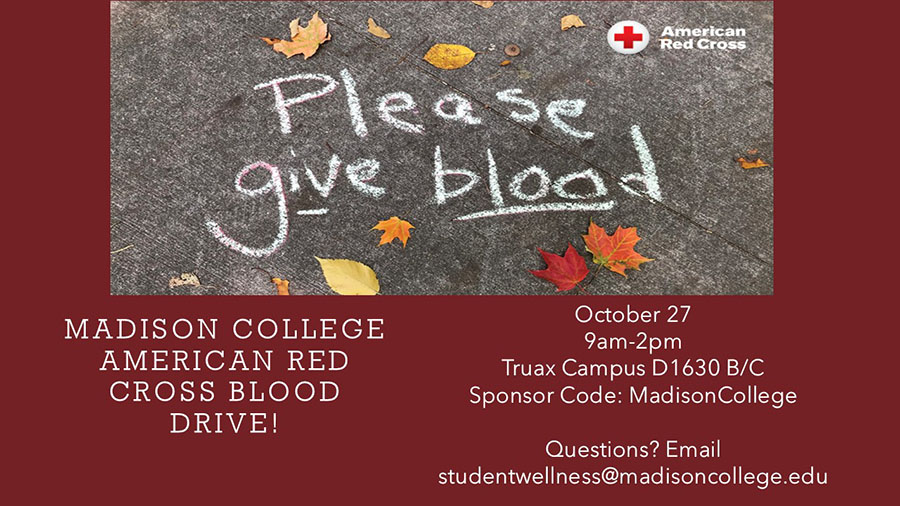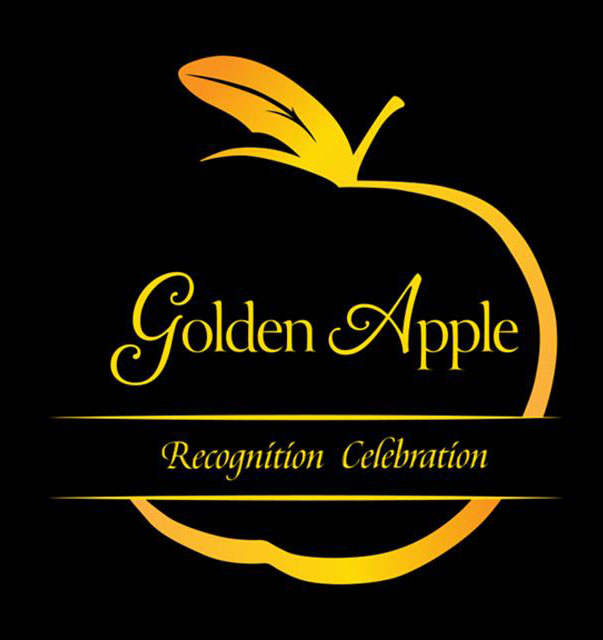Like many people, sometimes I see the movie first and then read the book later. It might take away from page-turning suspense or just the simple joy of reading, but it’s a win for all sides if I search for the book after watching the movie.
Last June, I started reading Angela Duckworth’s book, “Grit: The Power of Passion and Perseverance.” Although, I wasn’t really reading it. I was thinking about reading it as I quickly became distracted with summer projects, and tossed the book aside.
What brought me back to the book was not a movie, but a social media posting of a list of the, “10 Best Ted Talks.” Intrigued by the mention of Angela Duckworth’s speech, I found her Ted Talk on YouTube.
While it is not a movie, but a videotaped Ted Talk, it could be an Oscar-worthy film. Good movies captivate their audience with great storytelling, and Duckworth can tell a story better than any highly-paid Hollywood screenwriter.
Like a movie, the Ted Talk describes every person with a character redemption arc that includes a beginning, middle and end. In the process, she captivates her readers with anecdotal stories.
Her book, “Grit,” maintains the same theme of her speeches: grit is an unstoppable passion for a calling combined with a continued commitment and the ability to learn from failure.
The author comes to this conclusion because of her research throughout graduate school, where she interviewed leaders in all sectors — business and sports, academia and art.
She found that in all these fields, the people who succeed are the ones who keep trying when they fail and, even when they succeed, keep working to improve. They have high standards and ambitions, but they also love the chase. In other words, they have grit: passion combined with perseverance.
Many of her chapters are the kind of common sense advice most of us have heard since childhood. Show up. Don’t overestimate talent. Find an interest. Find a passion. Practice that passion.
In many ways, it is a standard self-help book praising the values of hard work and perseverance. Most readers know this, but nevertheless, enough people read the book to make it a New York Times best seller.
Duckworth can tell a story by reeling one in by telling the behind-the-scenes of inspiring individuals. She can take a seemingly ordinary person and make them the epitome of grit.
Consider her writing about spellers, the high caliber ones we see on Scripps National Spelling Bee, middle schoolers showing mettle, courage and tenacity.
Duckworth became fascinated with spellers after watching, “Spellbound,” a documentary about the Scripps National Spelling Bee. She wondered whether the spellers’ success was about talent, grit or both.
She tested the question by giving the spellers the “Grit Scale,” a test desinged by the author that measures the extent to which individuals are able to maintain focus and interest, and persevere in reaching long-term goals.
In addition to the scale, Duckworth administered a verbal intelligence test. She found that while grit and intelligence both predicted success but that there was no correlation between the two.
Throughout every chapter, the book offers and proves her theory with stories about people who exemplify that talent has nothing to do with grit. For example, Duckworth found that Ivy League students with higher SAT scores were less gritty than students at lesser-known schools.
All this evidence gave Duckworth the awareness that our potential is one thing, but what we do with it is another.
Of course, Duckworth’s theory isn’t quite perfect, and she admits that circumstances and luck also affect achievement. However, it does explain why effort matters more than talent. Effort both, “builds skill,” and, “makes skill productive.”
If you’ve ever watched the passion and perseverance of the Scripps spellers, you’ll know she’s onto something.
Discovering true grit through the art of storytelling
Kelly Feng, Editor in Chief
February 13, 2024
Story continues below advertisement


























